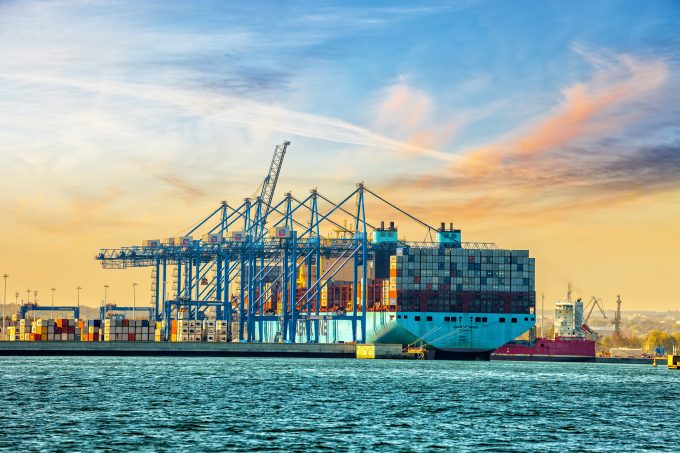'Solid' half-year performance at K+N was offset by weakening US dollar
A steep drop in the value of the US dollar against the Swiss franc since ...

Maersk has responded to a call by forwarders to share efforts to standardise digitisation through its TradeLens platform, saying it is “cultivating diverse membership” and welcomes all-comers.
This month, former DSV executive Steve Walker warned that the forwarding industry was at risk of losing out as shipping lines look to take control of data.
“Maersk ...


Comment on this article
Jon Pierre
July 29, 2019 at 2:37 pmWould you trust Maersk.
They ve spent the last 8 years stating Damco is neutral and now they are the clearance agent for Maersk?
Seriously, do the lines think Forwarders are stupid?
Ban private blockchains
July 30, 2019 at 4:21 amIt’s likely that neither Maersk nor K&N have actually chosen the right path. Private blockchain is a heresy as it means that data immutability is not guaranteed by design. The industry needs a truly decentralized platform that will bring the Trust it so desperately lacks. John Monarch and Shipchain have understood this and are worth having a chat with for anyone who wants to dig further. Ask for a demo.